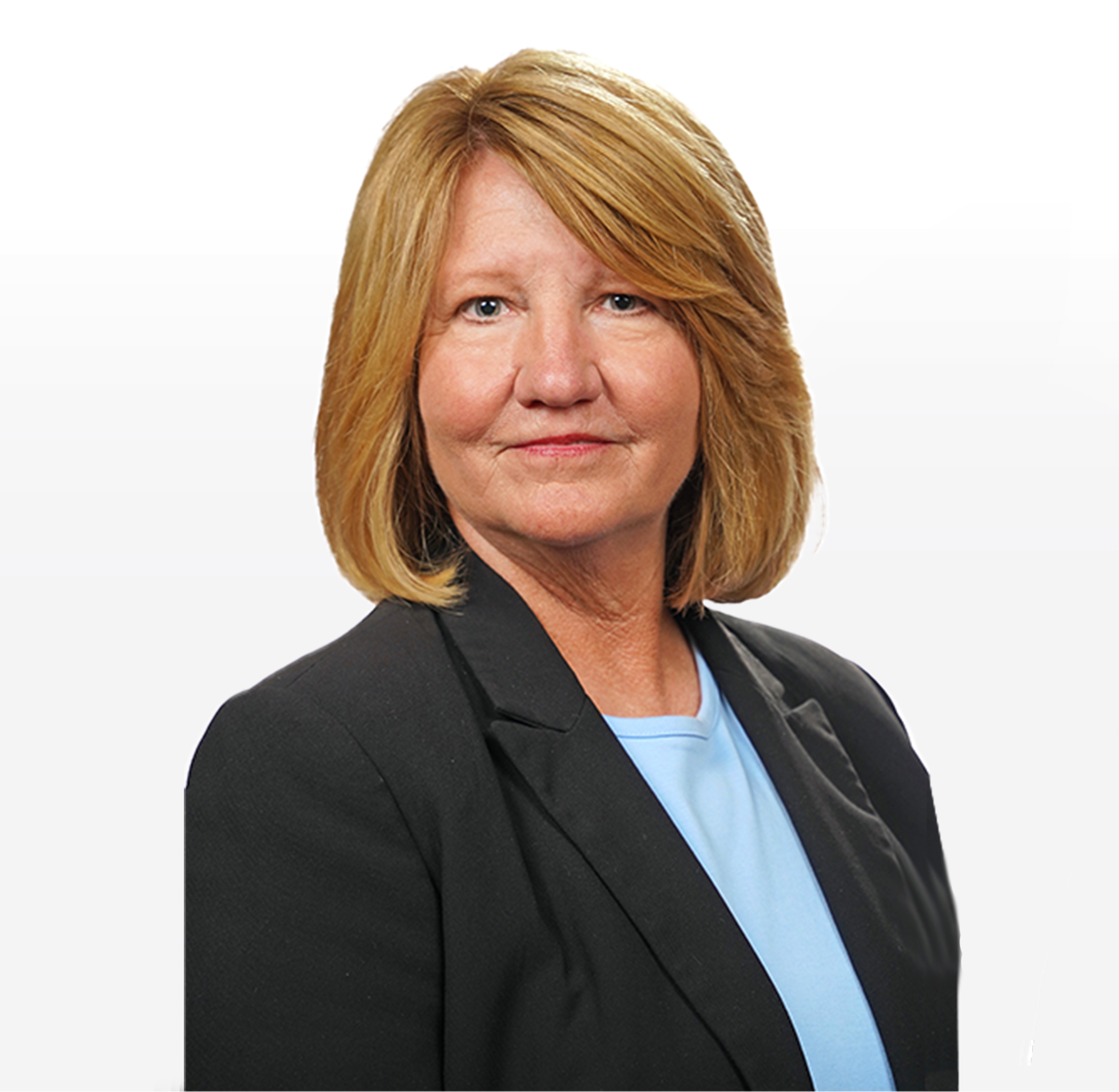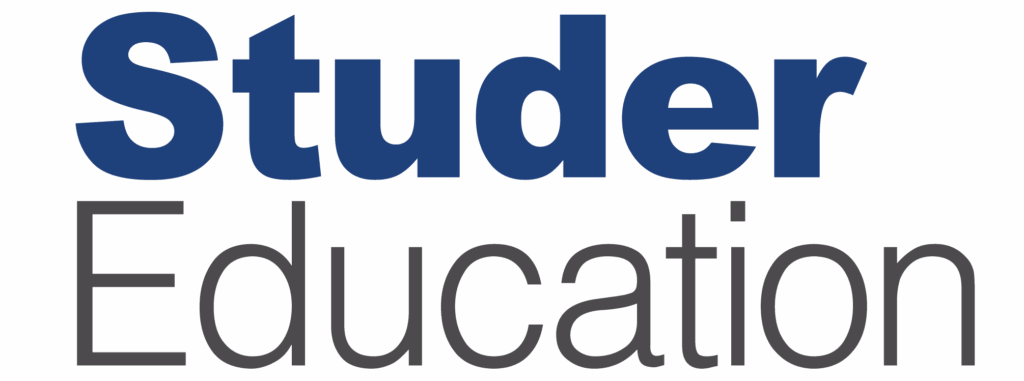Good leaders listen humbly, and as Dr. Janet Pilcher often says, they pay ridiculous attention to details. Join Janet and Dr. Kraig Sproles, Superintendent of Bethel School District, as they explore the intersection of analytical and interpersonal approaches in their leadership practices. Listen as Kraig shares his candid thoughts on failing forward, all in service of getting better at getting better for the students his district serves.
Episode 349
Listen Humbly and Learn Continuously
Good leaders listen humbly, and as Dr. Janet Pilcher often says, they pay ridiculous attention to details.
Listen Now
Hosts

Janet Pilcher
President, Studer Education
About the Episode

- What's the difference between a strategic plan that sits on a shelf and a strategic plan that transforms the way you teach and reach your students?
- What role does humble listening play in the continuous improvement process?
- How does "failing forward" evolve from a challenge into a catalyst for growth?
Pillar 7: Align Goals, Behaviors, and Process
More Like This
Browse AllWant to bring books to your team?
We support districts with bulk ordering options, reading guides, and professional learning plans built around our published content. Our books offer a shared language for system-wide alignment, whether for a leadership retreat, professional learning series, or district-wide initiative.
























